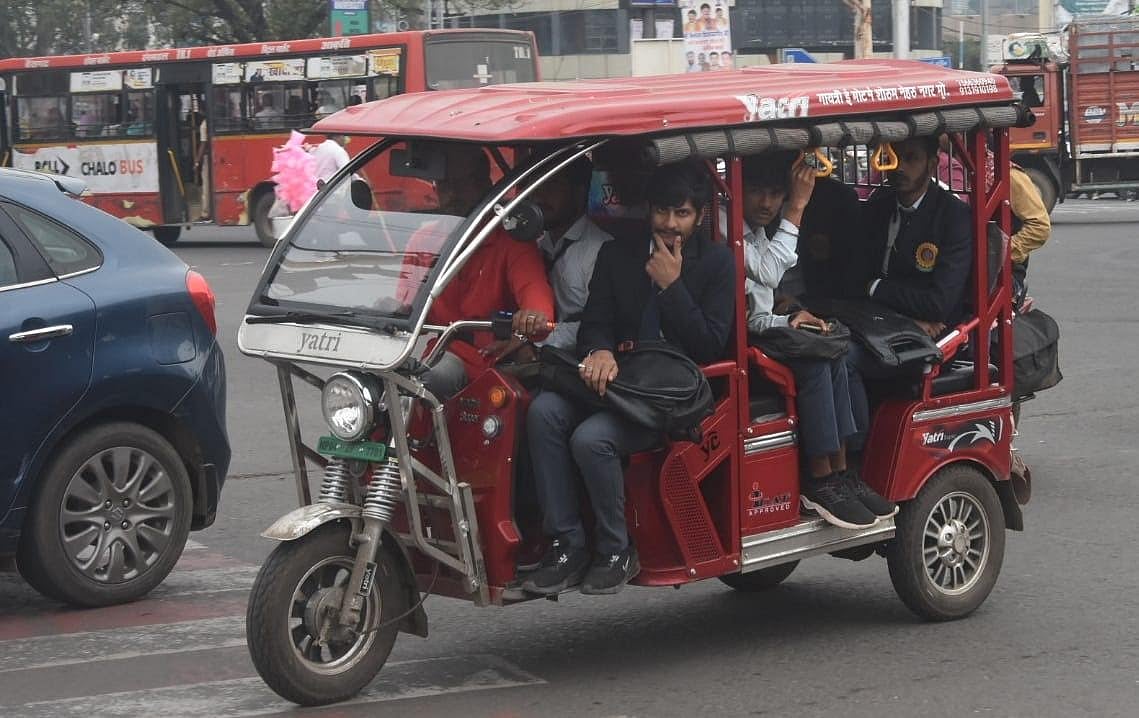Bhopal Launches Trial Ban on E-Rickshaws from Main Roads: Traffic Relief or Transit Setback?
By Nasir Ali Shah | June 21, 2025 – Bhopal, Madhya Pradesh
In a bold move aimed at easing mounting traffic congestion, the Bhopal district administration has implemented a trial ban on "e-rickshaws from main roads and busy intersections". The directive came into effect on June 20 and will remain under review until June 27, after which a decision on permanent enforcement is expected.
Why the Ban?
According to district officials, the initiative responds to increasing complaints of "road blockages" and "traffic bottlenecks" caused by the "1,500+ e-rickshaws" plying through the city without defined routes or formal stops. With monsoon season intensifying, concerns over traffic safety, especially around narrow intersections and school zones, have added pressure on local authorities to act.
"This is not a punishment for e-rickshaw drivers but a strategic measure to decongest arterial routes," stated a senior transport officer. "We want to reassign them to safer, less chaotic zones like residential areas, where their utility and accessibility remain intact."
Where Are E-Rickshaws Now Allowed?
Under the new directive, e-rickshaws are "restricted to inner colonies, residential sectors, and lightly trafficked feeder roads". Traffic police have been instructed to enforce the rule, with violators facing warnings for the first week and possible fines thereafter if the policy is extended.
Mixed Reactions from the Public
The decision has sparked debate across the city. "Commuters" have welcomed the clearer roads, citing faster travel times on routes like "MP Nagar, Bittan Market, and New Market". On the other hand, "e-rickshaw drivers" and "daily wage workers" who rely on them for affordable mobility are voicing concerns over potential income loss and reduced last-mile connectivity.
Ramesh Meena, an e-rickshaw operator from Shahpura, expressed frustration: "We serve the people who can't afford cars or bikes. Blocking us means blocking them too."
Meanwhile, local environmental groups are calling for a balanced approach that doesn't undermine the eco-friendly advantage of electric transport.
What Comes Next?
The administration has hinted at exploring fixed route licenses, ride-hailing app integration, and designated e-rickshaw bays if the trial is deemed successful. Citizens have been encouraged to submit feedback through the "Bhopal Smart City portal" or by visiting local ward offices.
---
This regulatory experiment has kicked off a wider conversation about "urban mobility", "equity", and the role of sustainable transport in India's Tier-2 cities. Whether this shift becomes a model for other municipalities or a cautionary tale remains to be seen after the final review on "June 27".
